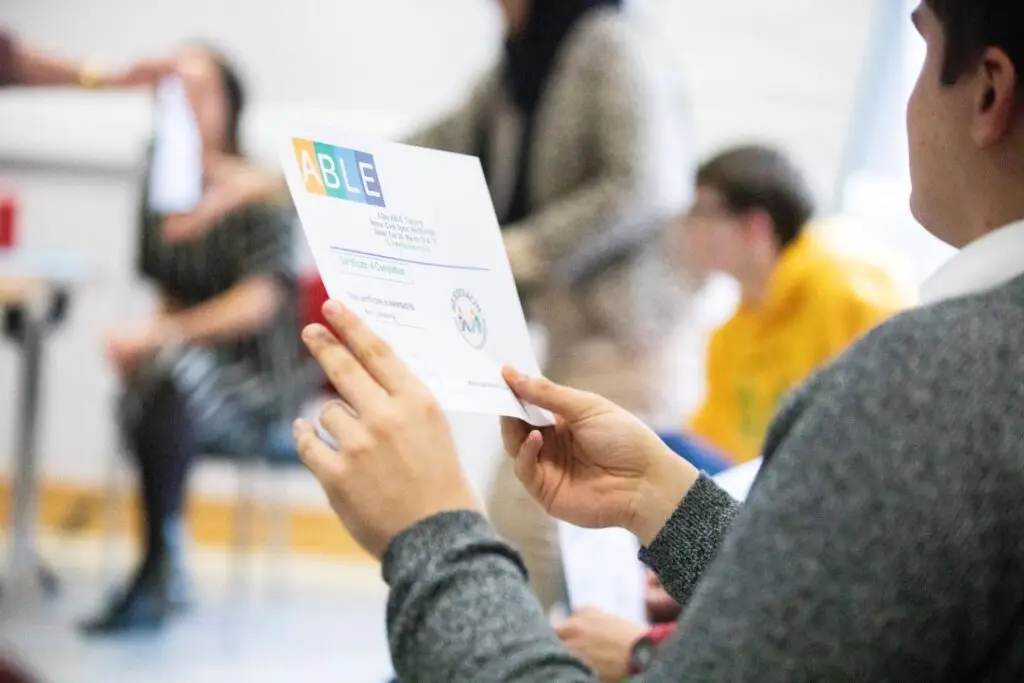ABLE4Teachers Summer Course
‘ABLE4Teachers – How and Why Relationships Matter in Schools’ is our DES-approved training programme for teachers, SNAs, principals, Home School Liaison Officers and School Completion Coordinators to support positive relationships in schools.
